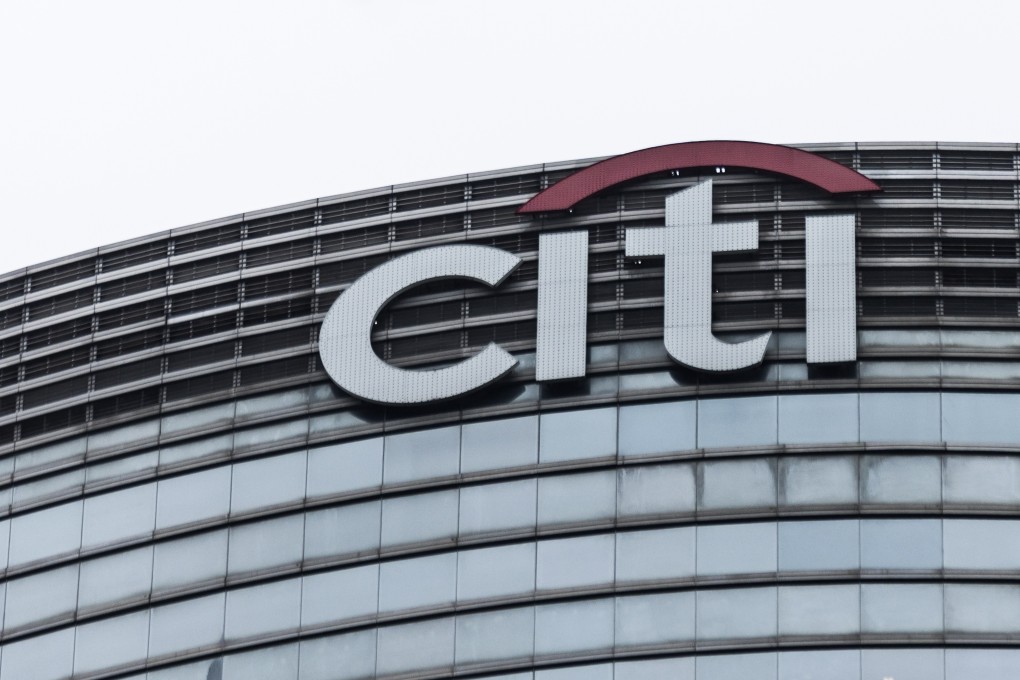Citigroup’s workforce, bolstered by former flight attendants, helps the lender improve performance in Hong Kong last year
- Citi hired some 1,000 staff in 2021, and plans to hire up to 700 more this year
- Citi lost nearly 700 expatriate and local staff last year, with many of its foreign hires deciding to leave because of the tough quarantine rules.

Citigroup’s Hong Kong unit has turned dozens of former flight attendants and tourism industry employees, who lost their jobs because of the pandemic, into bankers as part of its hiring spree.
The US bank recruited 1,000 new employees in the city, including 300 mainly for its wealth management division last year, which saw the lender lock in a substantial number of new clients.
Citi’s expanded workforce helped the lender to post a slightly better profit in Hong Kong in 2021 compared with 2020, which was driven mainly by wealth management, consumer banking, markets and securities services business.
A small percentage of the overall headcount included tourism sector employees, said Angel Ng Yin-yee, Citi’s Hong Kong and Macau chief executive, without providing details. Citi has provided training to these tourism industry recruits as part of its initiative, which has proved to be very successful, she added.

“These former airline and tourism industry workers may not have banking work experience, but they know how to provide clients with good service,” Ng said, adding that bank branches were now both a sales and services centre where their talent can be put to good use.